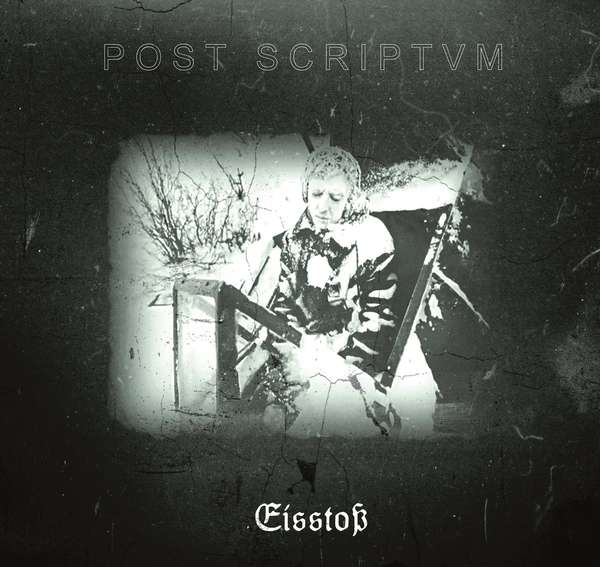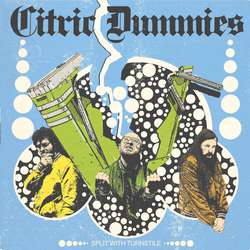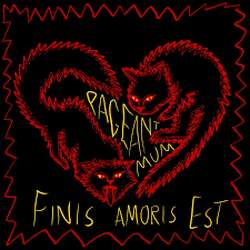Post Scriptvum’s works are defined by their hypnagogic quality, and ability to construct a harsh dreamscape and lead the listener through. Take the start of their newest record, Eisstoß, as an example. “Frazil” unfolds slowly, the beeping sound mimicking a faraway radar trying to slowly cartograph the unknown space. This anchoring quality is vital in any noise and power electronics project, providing a thin but palpable reference point. It is a technique that Post Scriptvm have mastered, and they offer it gladly on multiple occasions, from the heartbeat-like drone of “Nimbus” to the otherworldly transmissions of “Nival.”
In some ways, this is also the duality that defines Post Scriptvm. They relish this feeling of order and purpose. There is structure to be found within, but everything can be wiped away in a single second. As the deep, piercing anchor of the opening track persists, the oncoming storm is brewing. Soon enough, a wall of noise is established, annihilating all in its path. This is where the scenery morphs from dream to ephialtes. Affected and disfigured vocals come to the forefront, a demonic voice that toys with you as more dark corridors open up. It feels like being trapped in quicksand, the harsh noise of “Murus” constantly shifting, while a sparse and irregular beat works toward an industrial grandeur.
The sceneries continue to evolve, one setting giving way to another. Out of the hailstorm, Post Scriptvm plunge into the darkness of “Rime.” Claustrophobic spaces of long-abandoned buildings and a decaying urban landscape prevail as the shifting drones add the surrealistic element. The fleeting sounds of “Hadal” continue with this harrowing effect, once again the vocal delivery mocking and twisting reality with its scarred uttering. Even in this place, the cruel can be succeeded by the ethereal, the rhythmic backbone of “Murus” giving way to a tribal essence. It is the transition from the post-urban reality to a primordial mysticism, the cold detachment giving way to the introspective experience.
The contradiction lives through Eisstoß, with Post Scriptvm presenting elements that have a distinct human quality but are contorted to present something alien. The violin and repetitive voice mantra are abstracted in “Blust,” the oscillators infecting their presence and plunging the track into the depths of despair. Similarly, the operatic vocals in “Boreal” offer this humane moment, an almost triumphant figment of imagination. However, the sonic intensity of the noise injections annihilates this emotive anomaly. It is this trick of the mind, this feeling that you get when something goes wrong and for a moment you believe it all to be a dream. This is the moment where Eisstoß lives and thrives.



